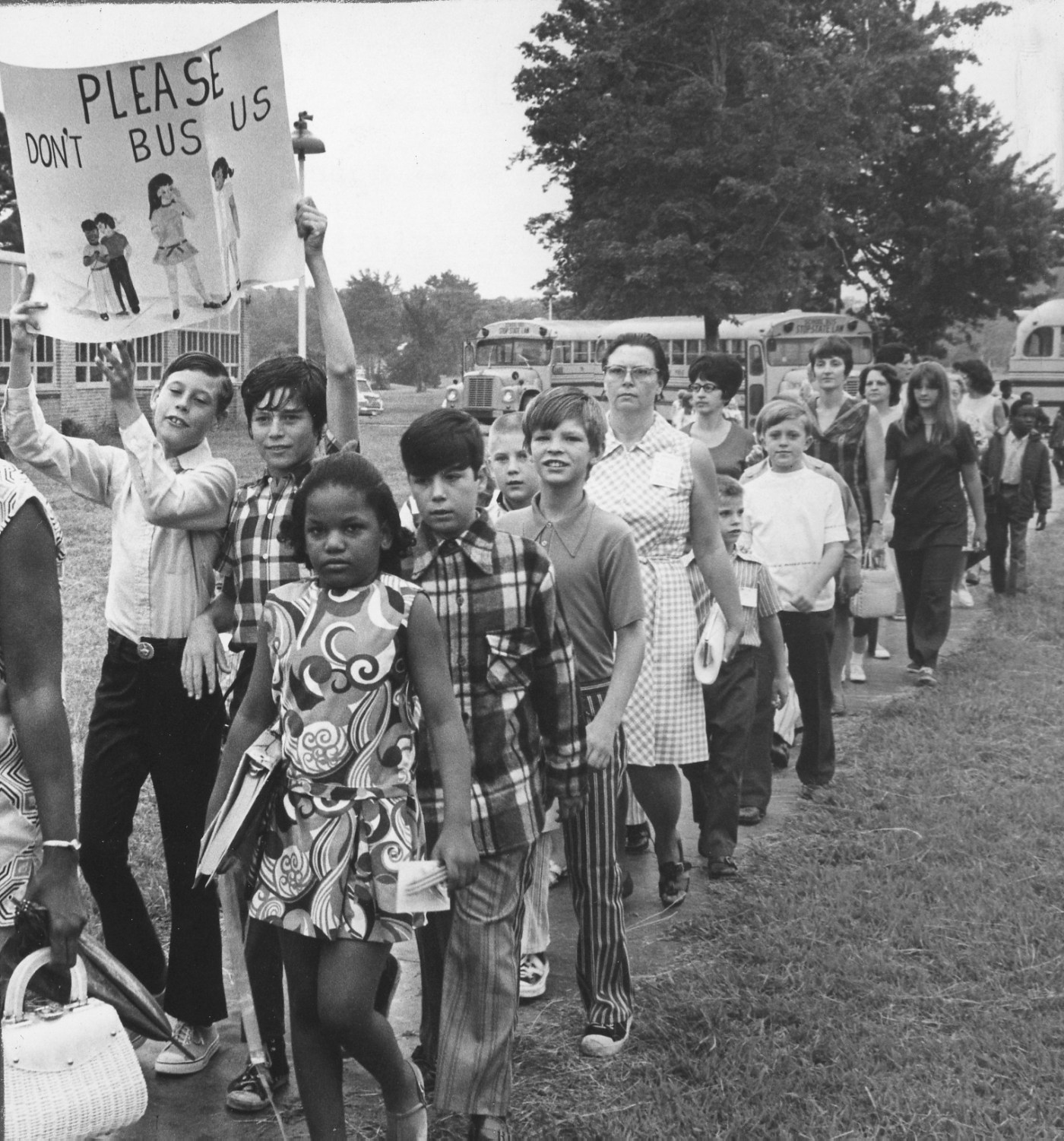Education
Hampton Recognizes Pioneering Teachers in School Desegregation Efforts

The city of Hampton is poised to honor the contributions of 26 teachers who played a crucial role in the desegregation of its public schools during the 1960s. This recognition comes in light of the historical context surrounding the Supreme Court’s decision in Brown vs. Board of Education in 1954, which declared racial segregation in public schools unconstitutional. Despite this ruling, many Southern states, including Virginia, resisted desegregation efforts for years, with significant changes not taking place until the mid-1970s.
Hampton, notable for being the first free school district in America, took a proactive approach to desegregation. Under the leadership of Hunter B. Andrews, the school board chairman, Hampton launched a unique plan in the 1965-66 term to integrate its teaching staff. Unlike many districts that struggled to confront segregation, Hampton decided to enlist volunteer teachers—referred to as “pioneers”—to initiate the process.
Despite the challenges, including hostility from some community members, the initiative managed to attract only 26 teachers of color, as no white teachers were willing to participate. They were strategically assigned to 13 schools, with two teachers per institution. The efforts of these educators were instrumental in creating a supportive environment for students and facilitating a smoother transition to desegregated schooling.
The city has faced difficulties in identifying these pioneering teachers for recognition. Community members and local officials have attempted to trace their contributions through various channels, including the school board and city archives, but to no avail. As public sentiment grows, there is a collective call for acknowledgment of these educators for their courage and commitment to advancing equality in education.
In a separate but related discussion, concerns have arisen regarding the recent voting actions of Congresswoman Jen Kiggans. Her decision to withdraw funding from WHRO Public Broadcasting, which serves the Tidewater community, has sparked criticism. Critics, including local advocates, argue that WHRO has provided significant educational and cultural contributions, such as the award-winning documentary “Against The Current,” which addresses the pressing issue of sea level rise impacting the Eastern Shore.
Elizabeth Wilkins, a member of the community advisory board for WHRO, expressed her discontent with Kiggans’ vote, emphasizing the station’s role in enhancing the quality of life for residents in Hampton Roads. Wilkins and others are urging for a public dialogue, advocating for a town hall meeting to address these community concerns directly with their elected representative.
As Hampton prepares to honor its educational pioneers, the broader discussions about funding for public broadcasting and community engagement continue to unfold. The historical significance of desegregation efforts in the city remains a point of reflection and recognition, highlighting the ongoing importance of education and representation in society.
-

 Lifestyle1 week ago
Lifestyle1 week agoBelton Family Reunites After Daughter Survives Hill Country Floods
-

 Education2 weeks ago
Education2 weeks agoWinter Park School’s Grade Drops to C, Parents Express Concerns
-

 Technology2 weeks ago
Technology2 weeks agoByteDance Ventures into Mixed Reality with New Headset Development
-

 Technology2 weeks ago
Technology2 weeks agoMeta Initiates $60B AI Data Center Expansion, Starting in Ohio
-

 Lifestyle2 weeks ago
Lifestyle2 weeks agoNew Restaurants Transform Minneapolis Dining Scene with Music and Flavor
-

 Technology5 days ago
Technology5 days agoMathieu van der Poel Withdraws from Tour de France Due to Pneumonia
-

 Technology2 weeks ago
Technology2 weeks agoGlobal Market for Air Quality Technologies to Hit $419 Billion by 2033
-

 Health2 weeks ago
Health2 weeks agoSudden Vision Loss: Warning Signs of Stroke and Dietary Solutions
-

 Technology2 weeks ago
Technology2 weeks agoAnalysts Highlight Top 5 Altcoin Presales Ahead of Market Surge
-

 Technology2 weeks ago
Technology2 weeks agoTrump Faces Internal Struggles Over Epstein Files Handling
-

 Technology2 weeks ago
Technology2 weeks agoRecovering a Suspended TikTok Account: A Step-by-Step Guide
-

 Health2 weeks ago
Health2 weeks agoBacteria Navigate Gut Risks for Nutrients, New Study Reveals











